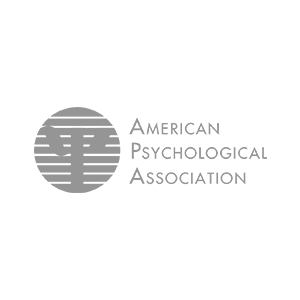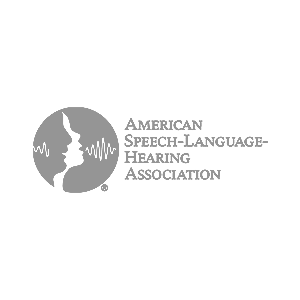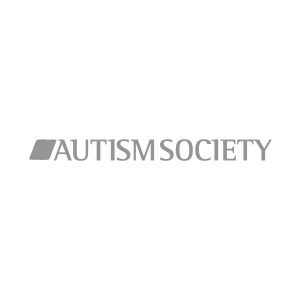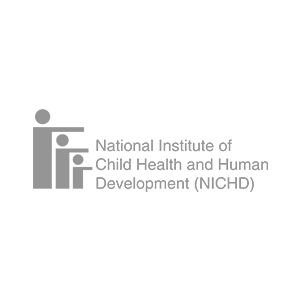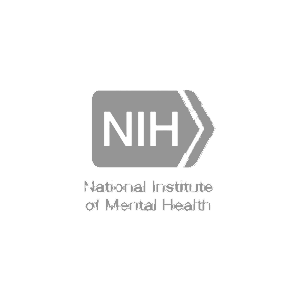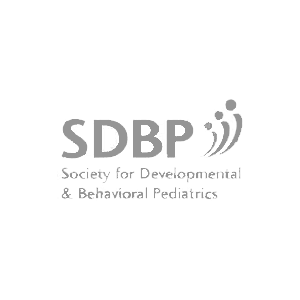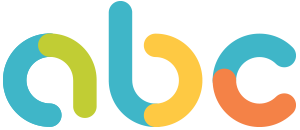ABA Intervention Program
Applied Behaviour Analysis is an intervention based on the science of behavior. It is the only program approach that has been supported by substantial empirical research.
ABA intervention should begin as soon as the child is suspected of having ASD or developmental delay.
Based on clinical observation and statistical research, ABA intervention is most effective when provided as early as possible and when applied 20-40 hours per week. The program is individualized to reflect each child’s strengths and needs. Each child receives a comprehensive program in all skill domains including communication, academics, social skills, and adaptive living skills.
Adaptive living skills include gross and fine motor skills, eating and food preparation, toileting, dressing, personal self-care, domestic skills, time and punctuality, money and value, home and community orientation, and work skills.
The ABA Intervention Process
Child assessment and development of individualized program –> Implementing the ABA intervention program at ABC, in school, or at home –> Monitoring progress and adjusting the program as needed
Positive
Reinforcement
Trained
Professionals
Individualized
Programs
Data
Orientated
ABA increases appropriate behaviors through reinforcers to encourage children to build and acquire new skills.
First, the therapist identifies a behavior goal. Each time the person uses the behavior or skill successfully, they get a meaningful reward. When a behavior is followed by something that is valued like a reward, a person is more likely to repeat the behavior. Over time, this encourages positive behavior change.
ABA is a proven evidence-based program that is at the forefront of therapeutic and educational interventions for children with ASD. It is recommended and endorsed by all health authorities and organizations.

